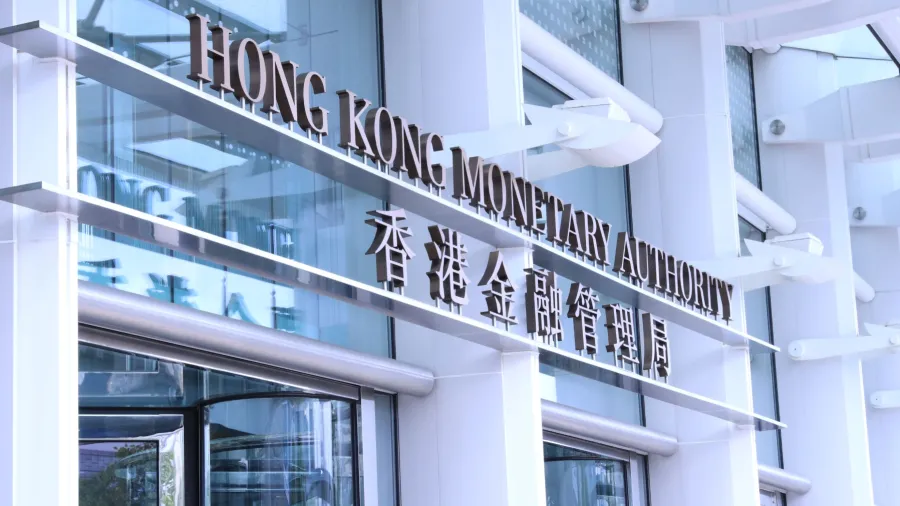
Hong Kong OTC derivatives reporting re-write – Are you ready?
By Karen LamWith early testing expected from June 2025, firms are encouraged to begin preparations now.
As part of international reforms to standardise the reporting of over-the-counter (OTC) derivatives reporting and enhance regulatory transparency, several jurisdictions — including the EU, UK, Singapore and Australia — have revamped their reporting regimes in 2024. These changes align with new international standards by mandating the use of Unique Transaction Identifier (UTI), Unique Product Identifier (UPI), Critical Data Elements (CDEs), and ISO 20022 XML schema to facilitate data harmonisation.
Whilst the new scope and responsibility for reporting remain unchanged, the format and substance of the required data have shifted significantly.
After a period of industry consultation and to allow time for the market to implement changes on a staggered basis, the Hong Kong Monetary Authority (HKMA) published its consultation conclusions in September 2024 and will implement a similar re-write of its own OTC derivatives reporting rules with effect from 29 September 2025. Although market participants may benefit from implementation experience in other jurisdictions, the Hong Kong regime includes distinct features that they must address.
The Hong Kong reporting obligation – What and who it covers
The Hong Kong reporting rules are set out in the Securities and Futures (OTC Derivative Transactions – Reporting and Record Keeping Obligations) Rules (Cap. 571AL) (“HK Reporting Rules”). Entities subject to these rules include authorised institutions such as banks, approved money brokers, SFC-licenced corporations, recognised clearing houses (RCHs) acting as central counterparties, and certain authorised automated trading service providers acting in a central counterparty capacity (ATS-CCPs).
An entity is required to report if it is a counterparty to any OTC derivative transaction as defined in the Securities and Futures Ordinance (Cap. 571), excluding certain types of currency contracts. Reporting is also triggered when such transactions are conducted in Hong Kong on behalf of an affiliate, where the affiliate is a counterparty.
The question of what constitutes “conducted in Hong Kong” is detailed in the Frequently Asked Questions on the Securities and Futures (OTC Derivative Transactions – Reporting and Record Keeping Obligations) Rules (Reporting FAQs), updated on 20 December 2024.
A de minimis exemption applies where the total notional amount of a prescribed person’s outstanding OTC derivatives does not exceed US$30m. Once this threshold is breached, the exemption is permanently lost.
For asset managers, it is important to note that collective investment schemes are excluded from the definition of “affiliate” under Hong Kong’s rules. Although fund trustees require a Type 13 SFC licence, they are exempt from reporting when acting in this role. This differs from the EU, UK or Singapore, where managers may need to report transactions on behalf of funds.
In Hong Kong, asset managers only have reporting obligations if they are conducting proprietary trading. Entering into OTC derivative transactions as agents for client accounts or funds does not trigger a reporting requirement — even if the manager or its affiliates hold shares in a corporate fund structure.
Although future amendments may broaden the scope to include asset managers licenced under Type 9, the latest revisions do not remove the exemption for collective investment.
Reporting to HKTR
When a reporting obligation arises, transactions must be reported electronically on a T+2 basis to the Hong Kong Trade Repository (HKTR), operated by the HKMA.
Unlike the EU/UK and Singapore, where multiple repositories such as DTCC Derivatives Repository are recognised, HKTR is the sole recognised trade repository in Hong Kong.
This means that even if an entity has upgraded systems for other jurisdictions, adjustments may still be necessary to align with the HKTR’s specific operational requirements.
Key takeaways of the reporting changes
Whilst the entities responsible for reporting remain unchanged, the revised rules entail a significant operational uplift to accommodate enhanced data requirements. The number of reportable data fields will increase to 183 in Hong Kong (vs 130 in Singapore, 203 in the EU and 204 in the UK).
Not all fields apply to all products or contracts. Nevertheless, all reports must now include UTIs, UPIs, and CDEs in ISO 20022 XML format.
A central question is: Who generates the UTI when both counterparties are subject to reporting? The Reporting FAQs provide a waterfall for determining the responsible party. This party must generate, share, and pair such UTI, though the actual generation can be delegated via agreement to another party or third-party provider.
By contrast, there is no regulatory requirement for sharing the UPI. In Asia, the prevailing approach — particularly amongst sell-side firms — is that each reporting party is individually responsible for obtaining a UPI.
This diverges from Europe, where buy-side entities often appoint brokers as delegated reporting agents to handle submissions on their behalf under 'voluntary delegated reporting' arrangements, and they are typically papered with a written contract called a delegated reporting agreement (DRA) which would cover the reporting of UPIs as well. As buy-side may not be set-up to obtain UPIs in their reporting in other jurisdictions, they may need to sign up to services to obtain such UPI from Derivatives Service Bureau (DSB) or other agents who can obtain UPI on their behalf.
The updated rules will also introduce enhancements to the risk management framework, including tighter margin and collateral management standards to reinforce financial resilience in OTC derivatives trading.
Notably, unlike in Europe where position-level reporting is permitted under certain conditions, Hong Kong mandates reporting on the trade-level reporting only.
Finally, counterparties must re-report legacy transactions that remain outstanding beyond one year as of the implementation date, using the new data requirements. A six-month transitional window will be provided for this re-reporting exercise.
Looking ahead
All reporting counterparties should take proactive steps to familiarise themselves with the revised HK Reporting Rules and monitor any updates to guidelines, validation rules, or technical specifications issued by the regulators and HKTR.
With early testing expected from June 2025, firms are encouraged to begin preparations now — including system updates, vendor coordination, and internal alignment — to ensure a smooth transition by the 29 September 2025 deadline. Given the scale of the changes, early planning will be essential to achieving compliance without disruption.




















 Advertise
Advertise






